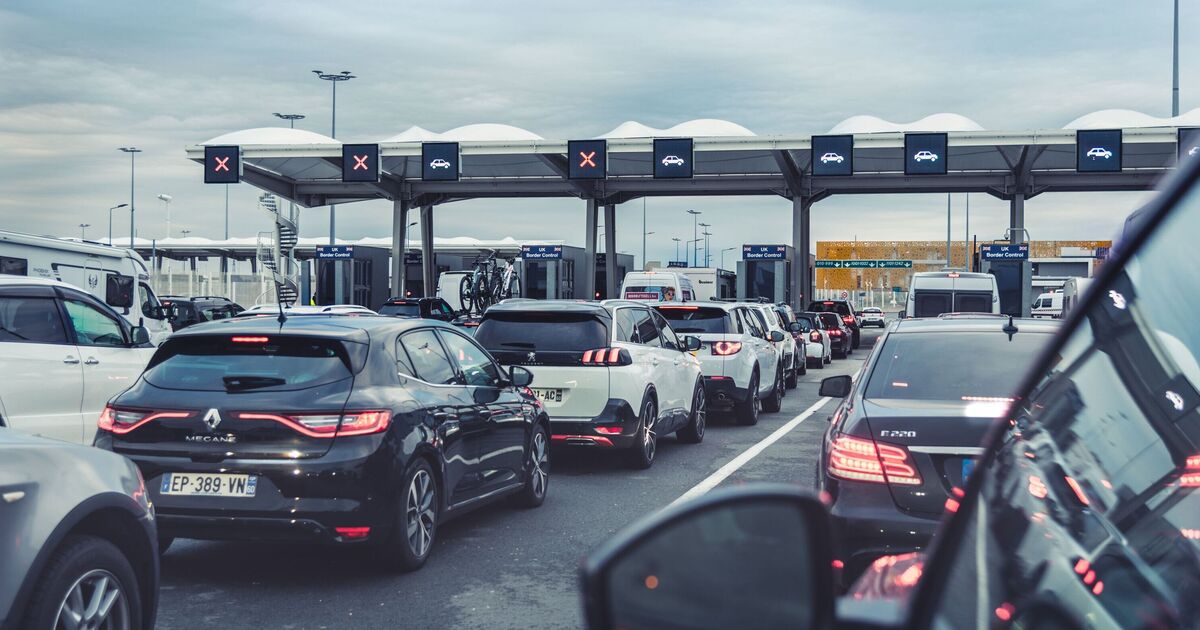British tourists face having their fingerprints scanned and individually checked each time they visit the European Union because of delays in developing an app to verify biometrics digitally, it has emerged. All UK car passengers entering the Schengen area will have to get out of their vehicle to be individually fingerprinted and photographed.
The Entry/Exit System (EES) is a comprehensive reform that dates back to 2016 and has been repeatedly delayed. It was postponed in November 2024 after Germany, France and the Netherlands said their systems were not ready. The new digital border checks for cross-Channel passengers are expected to be introduced this upcoming autumn.
Its main purpose is to replace the current system of manually stamping of passports with biometric data instead and is due to start later this year.
The automated IT system will be used to register non-EU nationals travelling for a short stay, each time they cross the borders of 29 European countries, including Spain, France, Greece and Italy.
To prepare for the system the Port of Dover has made more space for vehicle checks by reclaiming 13 hectares of land last autumn.
The reclaimed land at Granville Dock will provide space for cars to be registered, plus overspills of coaches during peak times.
Doug Bannister, the port’s chief executive, told The Guardian it will be “business as usual” this summer but said “a big change” in travel will be phased in from autumn.
Bannister added: “We have been told that any app won’t be ready any time before November, but hopefully it could come swiftly after that.”
He admitted “second, third, fourth time travellers still need to have a biometric captured at the border,” meaning passengers will still have to step out of their vehicle for checks until the app is ready.
He is confident that new regime will add just six minutes to a car journey.
As the UK’s busiest international ferry port and a vital gateway for the movement of people and trade, The Port of Dover handles £144 billion of trade per year, 33% of UK trade in goods with the EU and welcomes over 11 million passenger.
The 29 European countries where the EES will be in operation are:
-
Austria
-
Belgium
-
Bulgaria
-
Croatia
-
Czechia
-
Denmark
-
Estonia
-
Finland
-
France
-
Germany
-
Greece
-
Hungary
-
Iceland
-
Italy
-
Latvia
-
Liechtenstein
-
Lithuania
-
Luxembourg
-
Malta
-
Netherlands
-
Norway
-
Poland
-
Portugal
-
Romania
-
Slovakia
-
Slovenia
-
Spain
-
Sweden
-
Switzerland
